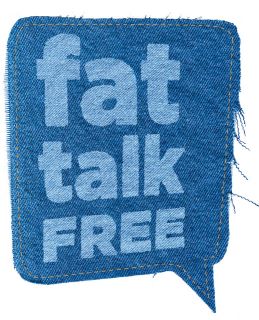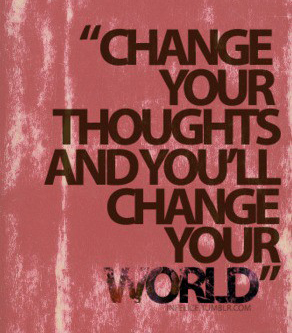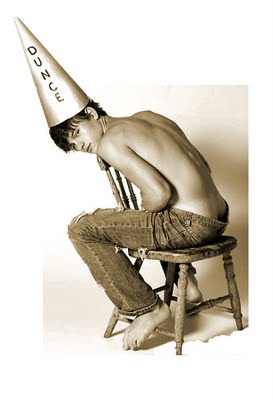 If you have ears, then you’ve probably heard someone talk about how fat they are - even if they aren’t overweight.
If you have ears, then you’ve probably heard someone talk about how fat they are - even if they aren’t overweight.
“I look like a cow today.”
“I don’t even know why you’re with me… I’m so fat.”
“These jeans give me a muffin top.”
Though this so-called “fat talk” has become a regular part of conversation and possibly a way for people to build social bonds, a new study finds quite the opposite.
Researchers from Notre Dame’s Body Image and Eating Disorder Lab conducted a study with college-age women. Each participant was presented with either a noticeably thin or overweight woman engaging in “fat talk” or positive body talk. The participants were then asked to rate the women on a number of dimensions - including likeability.
Regardless of weight, the “fat talkers” were rated as significantly less likeable. On the other hand, overweight women who made positive statements about their bodies were rated as the most likeable. Contrary to popular belief, fat talking may actually be hurting our relationships with other people.
According to the lead researcher:
These findings are important because they raise awareness about how women actually are being perceived when they engage in this self-abasing kind of talk.
Beyond hurting your relationship with other people, “fat talk” can also damage your relationship with yourself. The researchers noted that fat talk has been strongly associated with - and can even cause - body dissatisfaction, which is a risk factor for eating disorders.
As it turns out, words are very powerful. Words become thoughts. Thoughts become beliefs. Beliefs become reality. So choose words that lift you up - and that help, encourage and inspire you to reach your fitness goals.











